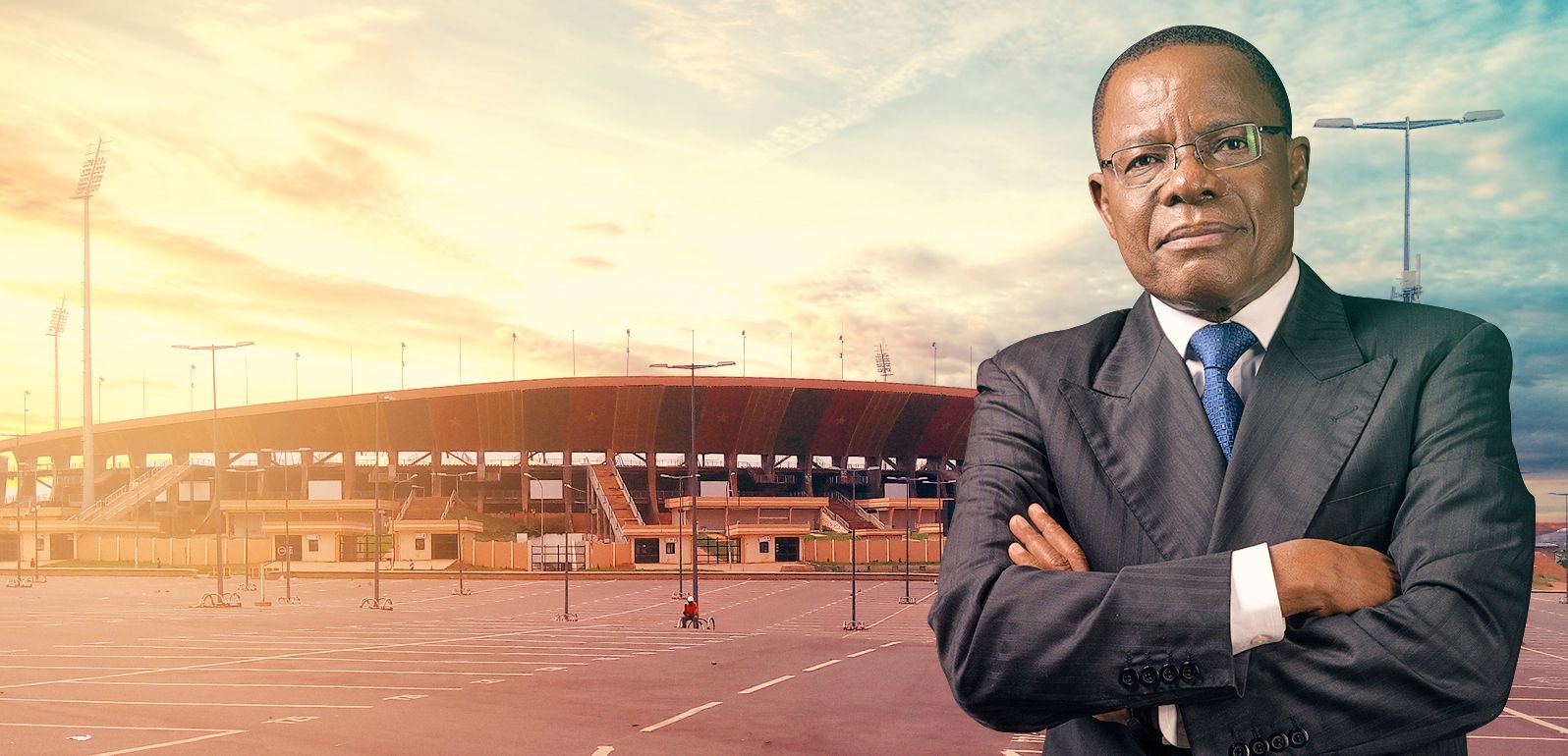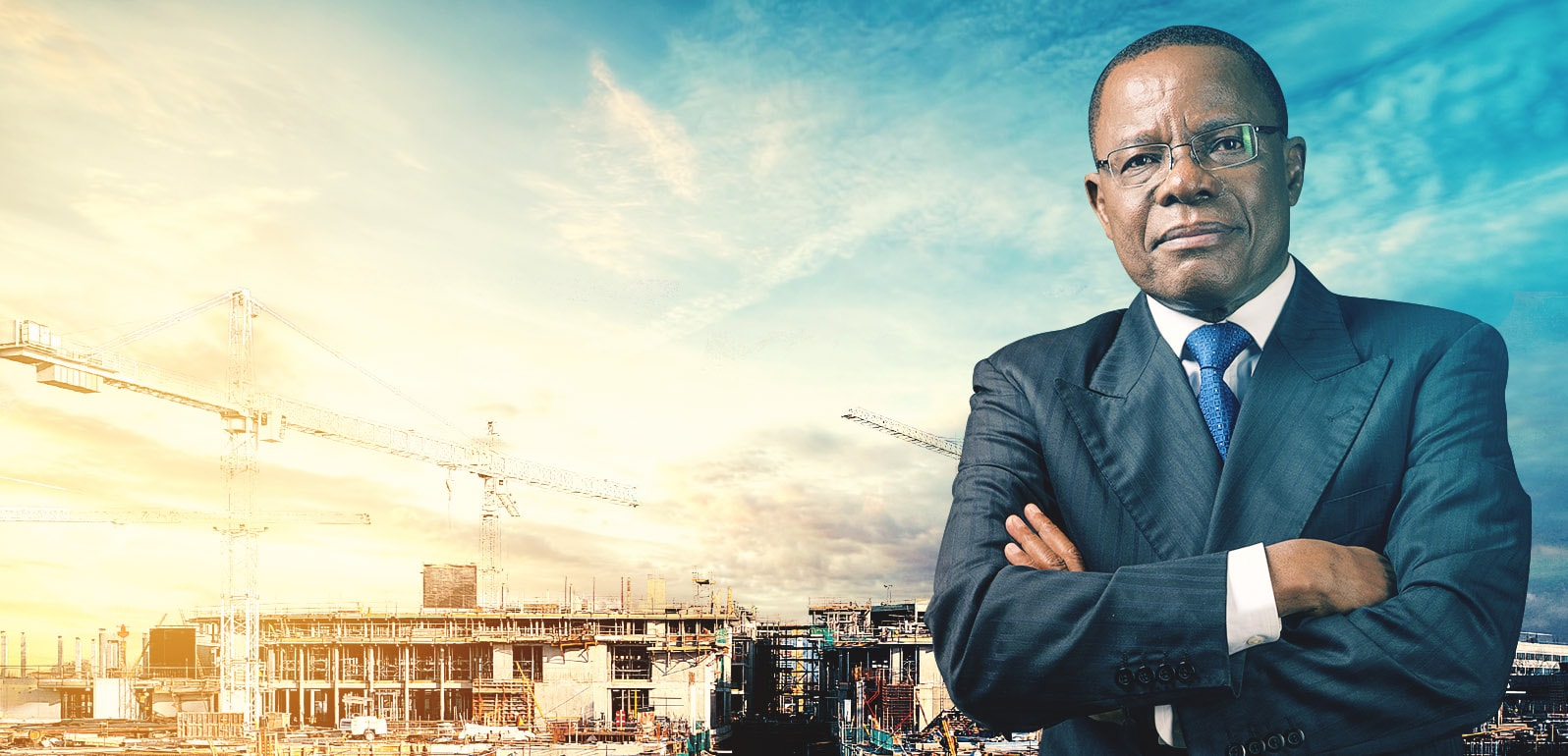Equal opportunity for all
Appropriate, modern and innovative training to enable our youth to be equipped and able to face the challenges of today and tomorrow
Human capital in general, and young people in particular, constitute the greatest wealth of nations. Rapid technological progress requires each country to invest immediately in its youth to be competitive in the global economy of tomorrow.
We see daily that the severity of endemic unemployment of our youth is not a creation of the mind. This is a real cancer for the Nation.
For more than two decades, these young people have no other perspective than the massive and desperate recourse to the administrative competitions distracted by the evils that eat away at our society, to the resourcefulness in the so-called “informal sector” and to the profession of motorcycle taxi drivers (“Ben Skin”), and that of “Call box”. And for good reason: our current education system does not train young people to face the harsh
reality of a world that is both dangerous and extremely competitive either because of lack of imagination or lack of ambition for the country.
We are committed to putting young people, through appropriate, modern and innovative training, able to effectively
take over in the conduct of the nation’s affairs and allow Cameroon to compete advantageously in the globalised world.
The project we are proposing to the youth, is called YOUTH PACT. It consists of a tripod whose central pillar is EDUCATION, the second pillar TRAINING and the third pillar RESEARCH-INNOVATION.
EDUCATION – The priority option for scientific and technical training and permanent innovation
On the educational pillar, we say that the current education system has had its day. It gave everything it could. It is
now outdated. It must therefore be changed, from kindergarten to higher education by a system that awakens in the child the sense of discovery of things in his environment from kindergarten, which offers the youth of high school and college to become familiar with the professional world alongside their studies, and young academics to explore the world of research and innovation.
- We will completely reform the education system to orient it towards an education entirely focused on development objectives by bringing our young pupils very early to scientific reasoning, to the awakening of their interest for the material objects created by the human spirit and innovation. From the secondary cycle, they will have to participate in a technological project of their level, under the supervision of their teacher, whose relevance and quality will be important in their annual evaluation.
- We will make compulsory primary and secondary education until the end of the first cycle of secondary school
and free tuition until the end of the second cycle of secondary school in public secondary schools. In this regard, the fees and expenses of PTA (Parents Teachers Association) will be eliminated throughout the territory. As a consequence of the abolition of the PTA fees, all the temporary teachers (primary and high school teachers) who wish to make a career in teaching will be integrated into the civil service. In addition, we will fill the gap in the teachers’ corps by massively recruiting new teachers every year and assigning them in priority in the hinterland. - We will review the curriculum, focus on technical and vocational education. Children from kindergarten will have to become familiar with the computer tool and develop their ability to seek information on networks safely.
- In the existing universities, we will reduce generalist branches, humanities and social sciences, to the benefit of the technical and technological sectors which will be chosen and renewed as necessary according to the development ambitions of the country. In this perspective, research will be geared towards solving the problems the country and society directly face and providing strategic industrial pathways that our government will put in place to produce the skilled engineers and technicians they will need.
We will equip each municipality with at least one public primary school with a computer room and a secondary
school with at least one scientific laboratory and one computer laboratory.
We will provide each Region (or federated entity) of the country with at leastone university with faculties and
academic institutions related to agricultural and industrial opportunities that have been identified in that region (or federated entity). - We will encourage excellence by allowing any official examination or competition at any level to be governed by the principle of meritocracy. The rules of success will be the same for all Cameroonians regardless of their origins.
- We will put in place special programs to support groups of underprivileged people so that they can also reach
national standards of excellence in all areas.
TRAINING
Offer any young person, graduate or not, a chance to access a trade
The Training Pillar aims to offer every young person, graduate and non-graduate, a chance to gain access to a trade that ensures a decent job, thanks to tailor-made training in vocational and technological training institutes and trade centres. These Institutes and Centres will serve as gateways from one training corridor to another and from one trade to another.
Training Institutes and Trade Centres will be set up in each region (or federated entity) depending on the agricultural and industrial opportunities of the region (or federated entity). These Institutes and Centres will also be open to secondary school students who will find equipment that cannot be made available in all high schools in the country. They will be equipped with modern equipment and in sufficient quantity. Concretely:
- We will create in each Region (or federated entity) institutes of professional and technological training which will allow those who have a diploma and who does not find a job or who would like to change their profession, to undergo a specific job training for a period ranging from 6 to 24 months maximum, to change the initial corridor, in which his initial diploma placed him, for a new specialisation corridor that guarantees him a job. The management of these Institutes will be ensured by the Region (or the federated entity) in partnership with the private sector, under the temporary supervision of the State (for a period of 5 to 10 years) which will ensure the achievement of the objectives set in the context of the fight against youth unemployment.
- In each municipality, we will create Trade Centres that will allow a young person with no certificate to learn a
trade related to his/her skills by mentoring experienced veterans working in these Centres. The Centres will be managed by the municipality in partnership with the private sector, under the provisional supervision of the State (for a period of 5 to 10 years), which will ensure the achievement of the objectives set within the framework of the fight against youth unemployment. - Young graduates from training institutes and trade centres that have relevant projects to set up on their own
account will receive support from the State combined with those of the Regions (or federated entities) or municipalities, as the case may be. - We will award the Best Apprenticeship Awards annually.
- We will organise a national popular training campaign, for young or old who have not had the opportunity to go to school, which will allow any Cameroonian to acquire a minimum of knowledge to have some autonomy in society.






